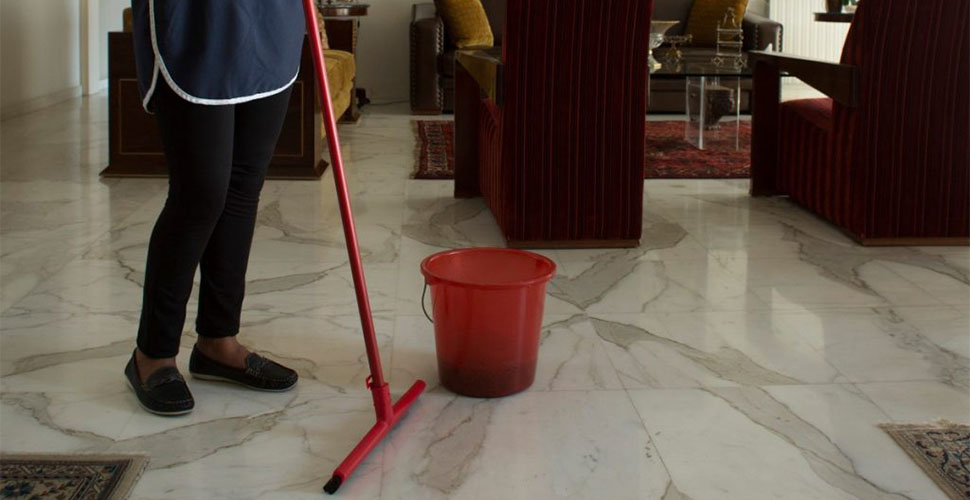Campaigner Samuel “Sami” Tesfaye was cheered on at departure gates by a crowd of activists and migrant workers as he was deported from Lebanon to his home country Ethiopia.
Treated like a criminal, Sami was issued a 1.5 year ban on returning. “While Sami committed no crime, the Lebanese state is actively criminalizing and punishing him,” said Lebanon’s Anti-Racism Movement in a statement the night before his deportation referencing his work against the predatory “Kafala” system.
Labour bonding
Freedom United partner KAFA explained to The Media Line that under the Kafala system, workers are bound to the will of their employer(s).
“The kafala system, which means sponsorship, is a set of practices, administrative regulations and policies that bind the residence and employment of these migrants to the will of their employer,” explains Samaya Mattouk, who works at the Lebanese Kafa NGO, which fights to end violence against women.
Lebanon is home to a quarter of a million migrant domestic workers. Many of these are women from African and Asian countries. The lack of legal protections means most are recruited and employed informally, making it easy for them to be exploited by employers on whom they rely for their immigration status and living conditions.
Mistreatment abound
For many migrant domestic workers in Lebanon, exploitation and inhumane treatment is common. The International Labour Organization says over 50% of women in Lebanon work more than 85 hours a week.
“Once they arrive at their new houses, their bosses confiscate their passports, stop paying their salaries, prohibit them from contacting their families and lock them up when they leave the house,” Mattouk tells The Media Line.
Arriving from Ethiopia, aged 16 years old, Sarktelu Teshome dreamed of being able to send money home. Instead she experienced the traumatizing kafala system.
Sarktelu was not allowed to leave the house or even eat during her first few months living with her Lebanese employers. She would feed herself with the leftovers from the young child she cared for.
When she turned 17, her “monsieur,” the man in charge of her residency permits, asked her to have sexual relations, but she refused.
A way forward?
In the wake of the widespread mistreatment, migrant domestic workers have begun organizing themselves. Egna Legna Besidet, is a collective of Ethiopian domestic workers in Lebanon. Their coordinator told The Media Line:
“What we have to do is fight as a community, as one people… We created this organization to fight for ourselves, we are not waiting for someone to come and help us. The struggle that we came from, the life that we are living… Only we know what it is like. Our main demand is to abolish the kafala system, but it is a long process,”
Another group, the Alliance of Migrant Domestic Workers in Lebanon have fed and taken care of thousands of MDW. Most of these women’s return trips back to their respective home countries have been funded largely through such groups.
Communities such as these play a vital role in stopping abuse, shedding a light on mistreatment and providing accountability, and ultimately assistance to survivors of exploitation.
You can join their fight by signing our open letter to Lebanon’s Ministry of Labor calling for the end of the kafala system.







Freedom United is interested in hearing from our community and welcomes relevant, informed comments, advice, and insights that advance the conversation around our campaigns and advocacy. We value inclusivity and respect within our community. To be approved, your comments should be civil.
Suspend Lebanon from United Nations. End international aid via its government.